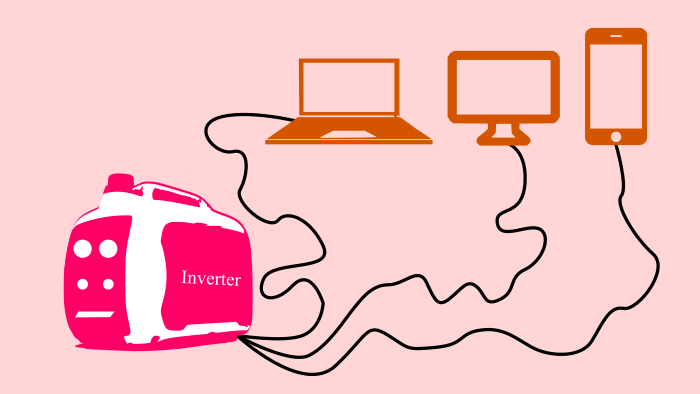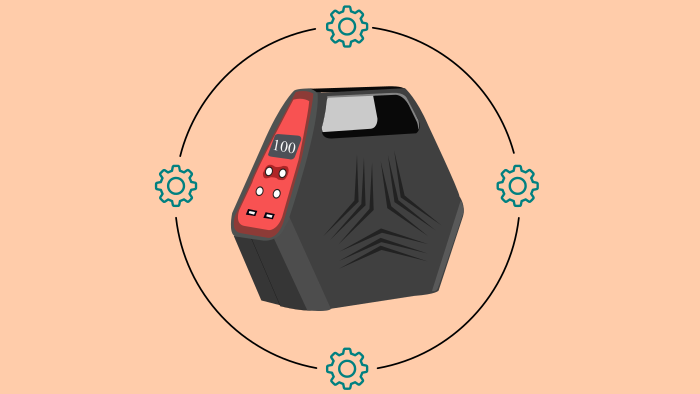When a power outage occurs from a utility for any reason, generators provide back-up power solutions. In the event of a power outage, you may not be able to watch TV, work on a laptop, or charge your smartphone, and you may spoil your food. It is crucial to have backup power solutions for power outages.
At home, we use two types of appliances: electric and electronic. Basically, electrical devices work by utilizing the direct current produced by the generator, while electronics rely on sophisticated semiconductors.
Generators are considered safe for use with electrical appliances, but electronics may not be the same. Our article attempts to elaborate on the question; are generators safe for electronics?
Difference in Electrical and Electronics Equipment
| Electrical Devices | Electronic Devices |
|---|---|
| Iron | Smart Phone |
| Electric Motor | Laptop |
| Heater | Television |
| Water Boiler | Camera |
| Dryer | Entertainment System |
| Blender | Projector |
Electrical devices are those that directly use or convert electricity into light, heat, etc. These include devices such as irons and motors.
An electronic device is one that manipulates electrical current and then uses it for its purpose, such as laptops, phones, etc.
In our homes, we use portable regular generators, portable inverter generators, standby generators, and power stations.
Regular Generators

Normally, electricity is generated by burning fuel in conventional generators, which causes the shaft to rotate, and the electric current is then used to power equipment directly from the control panel.
The engine rotation is not constant throughout the process, which distorts the current, and sometimes uneven load due to certain appliances going on and off also causes disruption in the current, which is called total harmonic distortion. To some extent, total harmonic distortion is safe for equipment.
In some cases, the THD of regular generators can exceed 25%, which is harmful for the lifespan of electrical devices and reduces their efficiency. Electronics can be damaged by distorted current when connected to regular generators.
In general, it is not recommended to use sophisticated and expensive electronics with conventional generators.
Generators can be safely used to power electronics, though some precautions must be taken, as described here how to make a generator safe for electronics.
Inverter Generators

Electricity generated by inverter generators is not sent directly to the panel, but is first cleaned with the help of an inverter built within.
An inverter generator converts alternating current to direct current using an inverter and converts the direct current back to alternating current, so that the resulting current wave is very clean and safe for electronics.
The manufacturer of inverter generators claims that the THD of the generators is less than 3 percent and the current is very stable. Inverter generators are therefore safe to use with any kind of electronic device.
Standby Generators
Standby generators are installed on the whole house that automatically provision backup power in the event of a power outage and also transfer load from the generator to the grid when power is restored.
Standby generators are designed in such a way that their current does not fluctuate so much. Electronic components are therefore considered safe on standby generators.
Power Station (Battery Powered)

A portable power station is also known as a solar generator. They are equipped with built-in batteries that can be charged by solar lights, wall chargers, and car chargers.
We get stable and clean currents from these power stations, which can be used for any kind of electronics.
Final Thoughts; are generators safe for electronics?
We discuss in detail whether generators are safe for electronics. It is not recommended to use regular generators for electronics, as they produce distorted current. Inverter generators and power stations are highly recommended for electronics.



